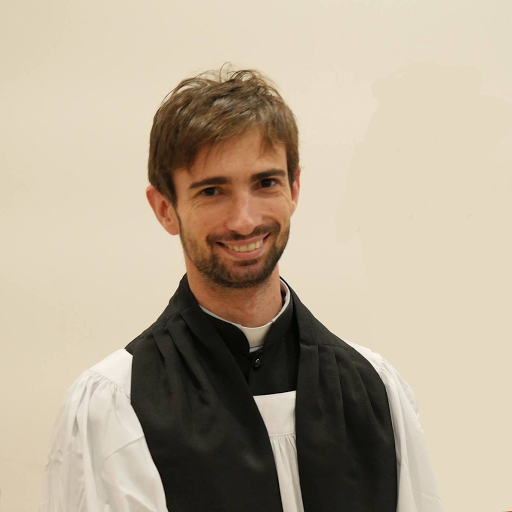Reading
Matthew 9:9-13
9 As Jesus went on from there, he saw a man named Matthew sitting at the tax collector’s booth. “Follow me,” he told him, and Matthew got up and followed him.
10 While Jesus was having dinner at Matthew’s house, many tax collectors and sinners came and ate with him and his disciples. 11 When the Pharisees saw this, they asked his disciples, “Why does your teacher eat with tax collectors and sinners?”
12 On hearing this, Jesus said, “It is not the healthy who need a doctor, but the sick. 13 But go and learn what this means: ‘I desire mercy, not sacrifice.’ For I have not come to call the righteous, but sinners.”
Comment
Among the most despised people in Jewish society in Jesus' day were the tax collectors, because they not only kept part of the sums collected for themselves but worked directly for the Roman rulers.
Jesus calls Matthew (Mark and Luke refer to this tax collector as Levi) while he is still in sin. The one pronounced by Jesus is a single word, declined to the imperative: "Follow me". Matthew's response is instantaneous, he "got up and followed him". There is no rhetorical artifice in Jesus' call: a single word is capable of persuading and transforming reality, as we see in many of his healings, deliveries from demons, and the miracles of resurrection (Lazarus and the daughter of Jairus).
His word is an efficacious word. The answer of the true disciple is also unconditional: Matthew neither discusses nor goes away saddened like the young man who had asked Jesus what he should have done to obtain eternal life but did not feel like giving away his wealth (Mt 19:22 ). Perhaps Matthew had listened to the preaching of the Baptist or had heard of Jesus, but when Jesus passes in person in front of him and calls him he is immediately fascinated.
After the conversion follows the image of the banquet, probably prepared in the home of Matthew himself, together with other tax collectors. The banquet in the ancient east was a symbol of a deep sharing of souls among the guests. For this reason, the Pharisees murmur and are scandalized by the familiarity that Jesus shows towards sinners. And here the Lord defines sin as a disease, a reality that cannot be simply condemned but must be healed; and implicitly he presents himself as a doctor and medicine.
He asks us for a similar attitude, recalling the words of the prophet Hosea: "I desire mercy, not sacrifice" (Hos 6:6). The banquet following Matthew's conversion recalls what follows the return of the prodigal son in the parable dedicated to him. Jesus promised for those who love him to dine with him (Rev 3:20) and take up residence with him (Jn 14:23); Will his word capture our hearts or find it closed to his mercy?
Prayer
O Lord Jesus Christ who called us from the death of sin to life in grace, grant us to rejoice with you and to share the gift of your salvation with every man. Amen
- Rev. Dr. Luca Vona

